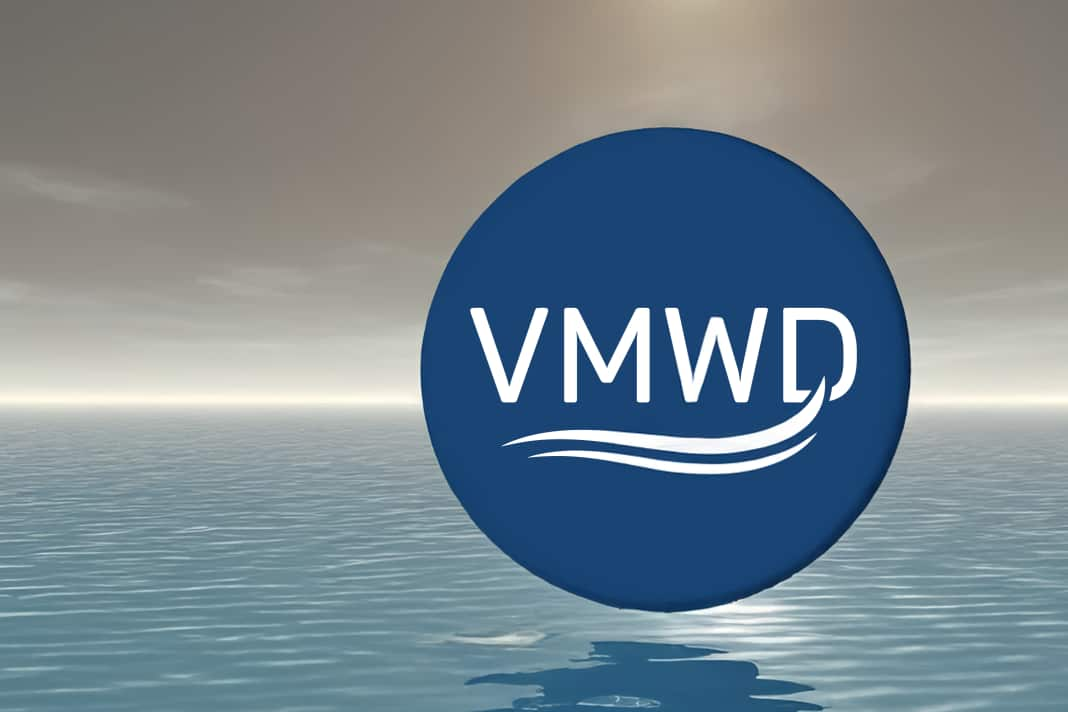




There have been rapprochement, talks and discussions for years, and now the realisation has followed. The two major German organisations representing the interests of the maritime industry, DBSV in Hamburg and BVWW in Cologne, are merging. The negotiations were "harmonious and always constructive", according to internal sources.
Both associations represent key areas of the German water sports industry
As an organisation representing the interests of the German boat and shipbuilding trade, the DBSV is committed to the interests of shipyards, boat builders and suppliers.
The BVWW represents companies from the water sports industry, including dealers, importers and service providers, and promotes the economic interests of its members.
A merger of these two organisations thus pools the strengths of the German water sports industry and is intended to create a stronger, unified voice vis-à-vis politics, business and the public.
Possible advantages
1. stronger political representation of interests
By pooling their strengths, the associations can present a joint, stronger voice to politicians, administrations and EU institutions. This increases the chance that industry-specific concerns will be heard and taken into account - e.g. in environmental regulations, funding programmes or training issues.
2. improved market position
A standardised industry association strengthens the public and economic image of the German boating industry - both nationally and internationally. This can be an advantage at trade fairs, in negotiations with partners or in competition with other nations and not least at EU level.
3. synergy effects & more efficient structures
The merger allows resources to be utilised more efficiently:
- Joint public relations work
- Centralised administration
- Better coordination of training courses, events or trade fair appearances
4. holistic industry coverage
The DBSV primarily represents shipyards and craft businesses, while the BVWW looks after dealers, importers and service providers. The merger creates an end-to-end network along the entire value chain - from boat building and sales to end customer use.
5. stronger promotion of young talent and training
A united association can focus more specifically on the shortage of skilled labour, vocational training and recruiting young talent - e.g. through nationwide campaigns, uniform training standards and a better presence at careers fairs.
6. better data situation & market research
With bundled information from construction, trade and use, more precise analyses and forecasts can be created, which in turn make strategic decisions easier - for example regarding investments, innovations or internationalisation.
The history of the associations
The German Boat and Shipbuilders' Association (DBSV) was founded over 50 years ago through the merger of several shipyards. Since then, it has developed into a modern industry organisation that covers almost all areas of the maritime industry and represents their interests. Its long-standing managing director is Claus-Ehlert Meyer, who has been in the industry since the early 1980s and is himself a thoroughbred water sports enthusiast.
The German Water Sports Industry Association (BVWW) was founded in 1961 and represents the interests of all companies that are commercially active in the water sports industry. Since its foundation, the BVWW has always successfully championed the industry and, not least, exerted influence on politics and the authorities. With Managing Director Karsten Stahlhut and President Robert Marx, the BVWW is also well staffed.
A merger of these two associations will pool the strengths of the German water sports industry and create a stronger, unified voice vis-à-vis politics, business and the public. For a transitional period, the new association will be led by a dual leadership consisting of Claus-Ehlert Meyer and Karsten Stahlhut.
A new Executive Board is to be elected on 4 September at the first joint general meeting in Hamburg. However, the long-standing BVWW President Robert Marx has announced that he will not be standing for re-election.
The two offices in Hamburg (DBSV) and Cologne (BVWW) will remain in place.
What are the benefits of the association merger for boat customers?
The planned merger of the German Boat and Shipbuilders' Association (DBSV) with the Federal Association of the Water Sports Industry (BVWW) will not only bring benefits for the industry itself, but also noticeable improvements for recreational skippers.
A strong, united association can promote quality standards in boatbuilding and the boat trade in a more targeted manner, resulting in better products and more reliable service. In future, customers will benefit from more standardised advice and services as well as greater transparency in terms of warranties and consumer protection.
The new structure also opens up better information opportunities - for example through central platforms, at trade fairs and events
In short: The merger creates a more professional, customer-orientated water sports industry in Germany.

